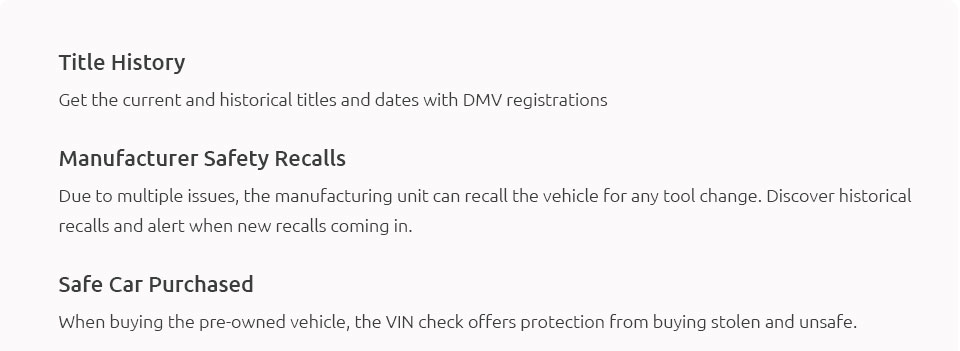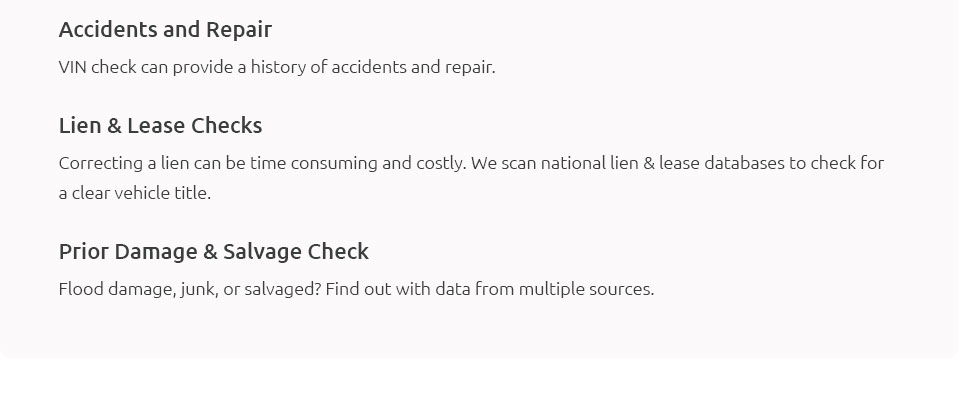 |
 |
 |
 |
 |
||
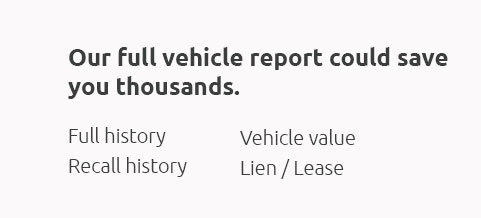 |
 |
|
 |
 |
|
 |
 |
 |
 |
||
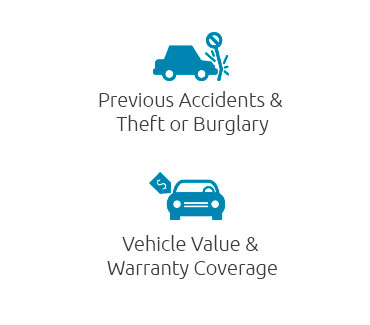 |
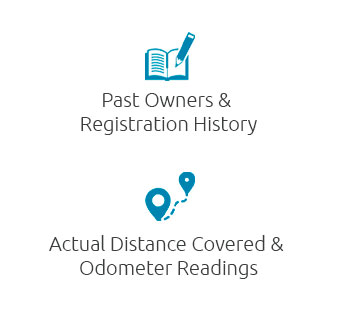 |
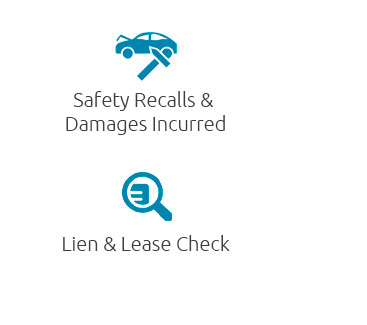 |
 |
 |
 |
||||
|
||||
 |
 |
Understanding the True Mileage of a Car: A Comprehensive GuideWhen it comes to purchasing a used car, one of the most crucial factors to consider is the vehicle's mileage. Mileage provides a snapshot of the car's history, potentially revealing how extensively it has been used and what kind of wear and tear it might have undergone. However, determining the real mileage can be a complex task, particularly given the prevalence of odometer tampering and other deceptive practices. In this article, we'll explore some effective strategies to uncover the genuine mileage of a car, offering a blend of practical advice and insights that can help even the most novice buyer make informed decisions. Why Mileage Matters The mileage of a car is more than just a number; it's an indicator of its overall condition and longevity. Cars with higher mileage tend to have more wear and tear, which could lead to more frequent repairs and maintenance. On the other hand, a vehicle with low mileage might seem appealing, but it could also mean it's been sitting idle for extended periods, potentially leading to other issues like rust or engine problems. Therefore, understanding the true mileage is essential for evaluating the car's value and anticipating future expenses. Odometer Fraud: A Common Concern One of the most pressing concerns when assessing a car's mileage is the possibility of odometer fraud. Unscrupulous sellers might roll back the odometer to make a vehicle appear less used than it actually is. This deceit can significantly inflate the car's market value, misleading buyers into overpaying. To combat this, it's vital to be vigilant and employ a combination of techniques to verify the accuracy of the mileage. Methods to Verify Mileage
The Importance of Diligence Ultimately, determining the real mileage of a car requires a combination of research, vigilance, and sometimes a bit of detective work. While it might seem like an arduous process, the effort can pay off significantly by ensuring you make a well-informed purchase. Whether you're buying from a dealership or a private seller, taking the time to verify mileage can prevent future headaches and financial losses. In conclusion, while odometer fraud remains a legitimate concern in the used car market, the tools and strategies available today empower buyers to approach transactions with confidence and clarity. Remember, a car is an investment, and understanding its true mileage is a critical step in safeguarding that investment for years to come. https://www.youtube.com/watch?v=FD1h8jN4Gj4
Used tool: https://amzn.to/3E9TO58 I am an Amazon Associate. As an Amazon Associate, I earn from qualifying purchases. https://www.reddit.com/r/Cartalk/comments/110yajd/how_can_i_know_the_real_mileage_of_a_car/
In many European countries you can ask any mechanic to read out the ECU which will tell the real mileage of the car. Otherwise Carfax/ ... https://www.conceptcarcredit.co.uk/blog/the-5-only-ways-to-determine-if-your-mileage-is-genuine/
In this article, we'll take an in-depth look at five proven methods that help you verify mileage. Before we go there, you need to realise one important thing ...
|

